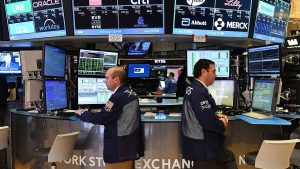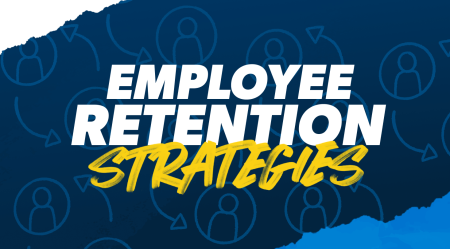Credit Sesame’s personal finance news roundup July 20, 2024. Stories, news, politics and events impacting personal finance during the past week.
Consumers rein in back-to-school spending in 2024
Parents expect to spend about 2% less on back-to-school purchases this year at £586 per student versus $597 last year. In particular, parents expect to cut spending on technology this year. Planned spending on technology products is down 11% from 2023 while spending on clothes and school supplies is expected to be about the same as last year. Parents are becoming less attached to specific brands. Two-thirds of parents surveyed said they wouldn’t stay loyal to a brand if the price is too high. See article at Reuters.com.
Car loans become harder to get
The Dealertrack Auto Credit Index, which measures how easy it is to get auto loans, declined in June 2024. That means car shoppers are finding it harder to qualify for credit. Approval rates fell, and lenders are less willing to roll balances owed on old car loans over into new ones. The survey found that Credit Unions tightened their standards more than banks. The only good news for borrowers is that lenders became more willing to accept lower down payments. The Dealertrack Auto Credit Index is published by Cox Automotive, the parent company of Kelley Blue Book. See news release at KBB.com.
Biden announces rent control proposal
President Joe Biden has proposed creating a disincentive for large corporate landlords to raise rents by more than 5% annually. The plan would apply to landlords who own more than 50 rental units. That would encompass over 20 million rental units in the US. These landlords would lose tax credits if they hiked rents by over 5% yearly. Real estate lobbyists argued that rent controls discourage new building and investment. However, the proposal includes exceptions for rent hikes due to new construction or substantial renovation. Biden’s proposal also called for using federal land to provide space for affordable housing. The proposal would require congressional approval to go into effect. See article at CNN.com.
Americans have a low opinion of banks
A Gallup poll measuring confidence in various institutions found that banks ranked 11th of the 17 types of institutions measured. Just 27% of Americans say they have “a great deal” or “quite a lot” of confidence in banks. Small businesses, the police, the medical system, organized labor, and large tech companies were among those outpolling banks. On the other hand, the poll found that banks are viewed more favorably than the presidency, the criminal justice system, newspapers, big business, television news, and Congress, which ranked last of all. See poll results at Gallup.com.
Gen Z adults have a hard time making it on their own
A survey by Bank of America found that 46% of adults classified as members of Generation Z rely on assistance from their families to get by. Many of them are postponing the pursuit of long-term financial goals such as buying a home (50%), saving for retirement (46%) and investing (40%). In response, two-thirds are making lifestyle changes like dining out less often, skipping some social events, and shopping at less expensive grocery stores. The survey defined Gen Z adults as those aged 18 through 27 years. See article at ABA.com.
Wages outpaced inflation since the start of the pandemic
Inflation may be public enemy number one, but American wage earners are better off than they were when the pandemic began. Average hourly earnings have increased by 22.3% since the pandemic started, while the Consumer Price Index has risen by 20.8%. Over the past year, wages grew by 3.9% while inflation is up by 3.0%. See article at USAToday.com.
CFPB warns workers about the cost of payroll advances
The Consumer Financial Protection Bureau (CFPB) has proposed a rule requiring employers to inform their workers about the cost of services that provide wages before payday. A study by the CFPB found that the number of payroll advance transactions almost doubled from 2021 to 2022. In 2022, 7 million workers took $22 billion worth of payroll advances. Workers who use payroll advance services tend to do so habitually, averaging 27 advances per year for an average of $106 per transaction. Fees associated with these advances equate to an average APR of 109.5%. In light of the fees attached to these services, the CFPB proposes they should be considered loans. That would subject them to Truth in Lending Act disclosure requirements. See news release at ConsumerFinance.gov.
Weekly news headlines from Credit Sesame
Read the full article here












